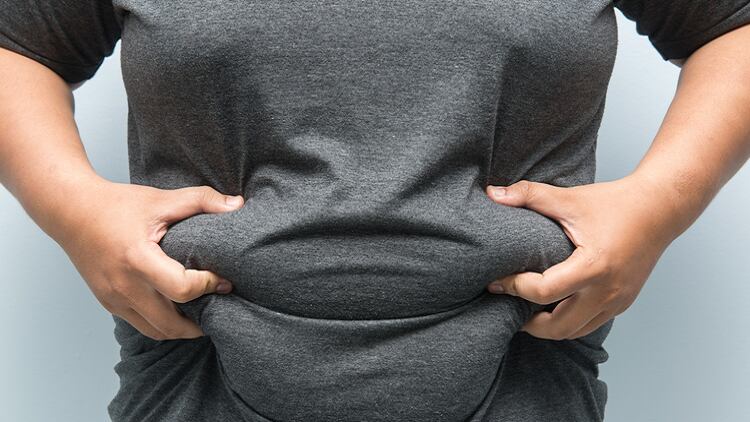Researchers in Korea conducted a cross-sectional study to examine the association of obesity with sleep duration and diet quality in adults. They found that diet quality could affect obesity risk among women who lack sleep.
“Obesity was associated with higher rates of insufficient sleep in women but not in men,” wrote the researchers in Nutrients.
They also found that women who lack sleep have a significantly higher obesity risk especially when their diet quality is low.
“These findings suggest that the association between sleep duration and obesity risk is potentially modified by dietary quality in adult women,” said the researchers.
Short sleep duration has been linked to an increased obesity risk, and emerging evidence suggests that diet quality potentially influences this association.
Several studies have revealed an association between insufficient sleep and increased food consumption, snacking, and poorer dietary quality. This is due to a decrease in the hormone leptin, which suppresses appetite, and an increase in the hormone ghrelin, which stimulates appetite.
Furthermore, nocturnal serum levels of the stress hormone cortisol are elevated in individuals with insufficient sleep. Cortisol tends to promote wakefulness and fat storage, leading to weight gain.
This trend was observed based on a previous Korea National Health and Nutrition Examination Survey (KNHANES), which revealed an association between short sleep duration and a moderate increase in both overall and abdominal obesity among Korean adults.
However, no previous studies have examined the association of sleep duration and obesity with eating habits among Koreans. The researchers thus wanted to determine whether the association between sleep duration and obesity varies according to diet using nationally representative data.
To do so, they analysed the KNHANES data from 2016 to 2018. The KNHANES is a continuous cross-sectional survey of South Koreans across all ages, which has been conducted by the Korea Centers for Disease Control (KCDC) since 1998.
The KNHANES comprises a health interview, health examination, and nutritional survey. Data on the participants’ demographic, social, health, and nutritional status were also included.
The participants comprised 10,967 adults – 4,623 men and 6,344 women – aged 19–64 years.
The researchers found that on average, women who were obese slept less than those who were not.
“The average sleep duration of women with obesity was shorter than that of those without, and a significant difference in insufficient/short sleep duration (less than seven hours per day) was noted,” said the researchers.
However, this trend was not observed among the men.
“In contrast, men exhibited no significant differences in both average and insufficient/short sleep duration (less than seven hours per day) according to obesity status.”
They also found that the diet quality of women who were obese was lower than that of those who were not.
“In women with a [diet] score less than or equal to the median value, short sleep duration was associated with a higher obesity risk than adequate sleep duration,” said the researchers.
Even after the model had been adjusted for age, education level, household income, marital status, occupational status, smoking status, drinking status, aerobic physical activity, supplement intake, and menopausal status (women only), the results remained the same.
In contrast, the diet quality of men displayed no significant difference according to obesity status. However, among the diet components, fresh, total vegetable, vegetable (excluding kimchi and pickled vegetables), and meat, fish, egg and bean intakes were lower in men with obesity than in those without.
In men, no significant association was observed between sleep duration and obesity in the unadjusted and adjusted models, which the researchers explained could be due to hormonal differences between sexes.
While the researchers acknowledged that future studies are required to enhance current knowledge regarding this issue, their findings have shown an association between diet and sleep duration with obesity.
“Our findings reveal that women with insufficient sleep have a significantly higher obesity risk, especially when their KHEI score, which indicates their diet quality, is low. They also suggest that an eating pattern that meets dietary reference intakes and dietary guidelines contributes to an important and meaningful healthy lifestyle that reduces the obesity risk caused by a lack of sleep,” concluded the researchers.
Source: Nutrients
DOI: https://doi.org/10.3390/nu16060835
“Association of Korean Healthy Eating Index and Sleep Duration with Obesity in Korean Adults: Based on the 7th Korea National Health and Nutrition Examination Survey 2016–2018”
Authors: Youngmin Namgung, Won Jang et al.
Women’s Health will be a major topic of focus at Growth Asia Summit 2024 – join us in Singapore to learn about market opportunities and glean insights from major industry experts. Find out more here.





